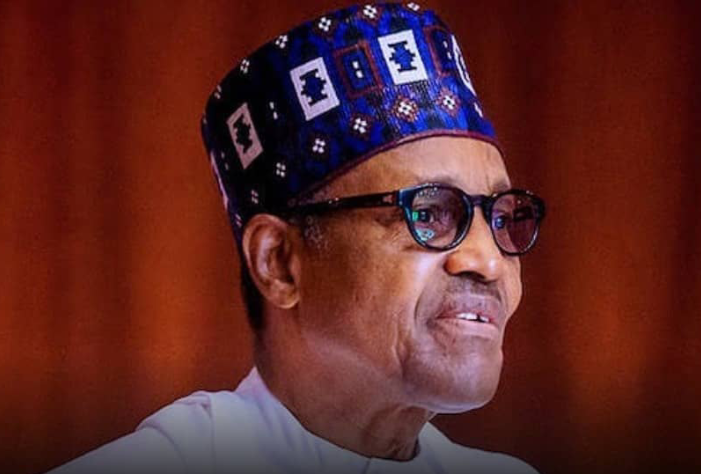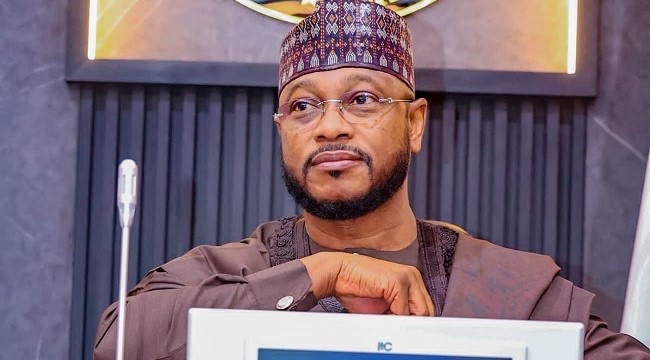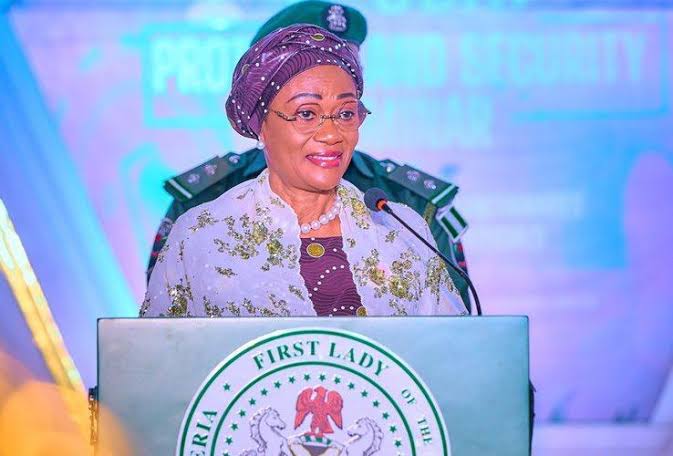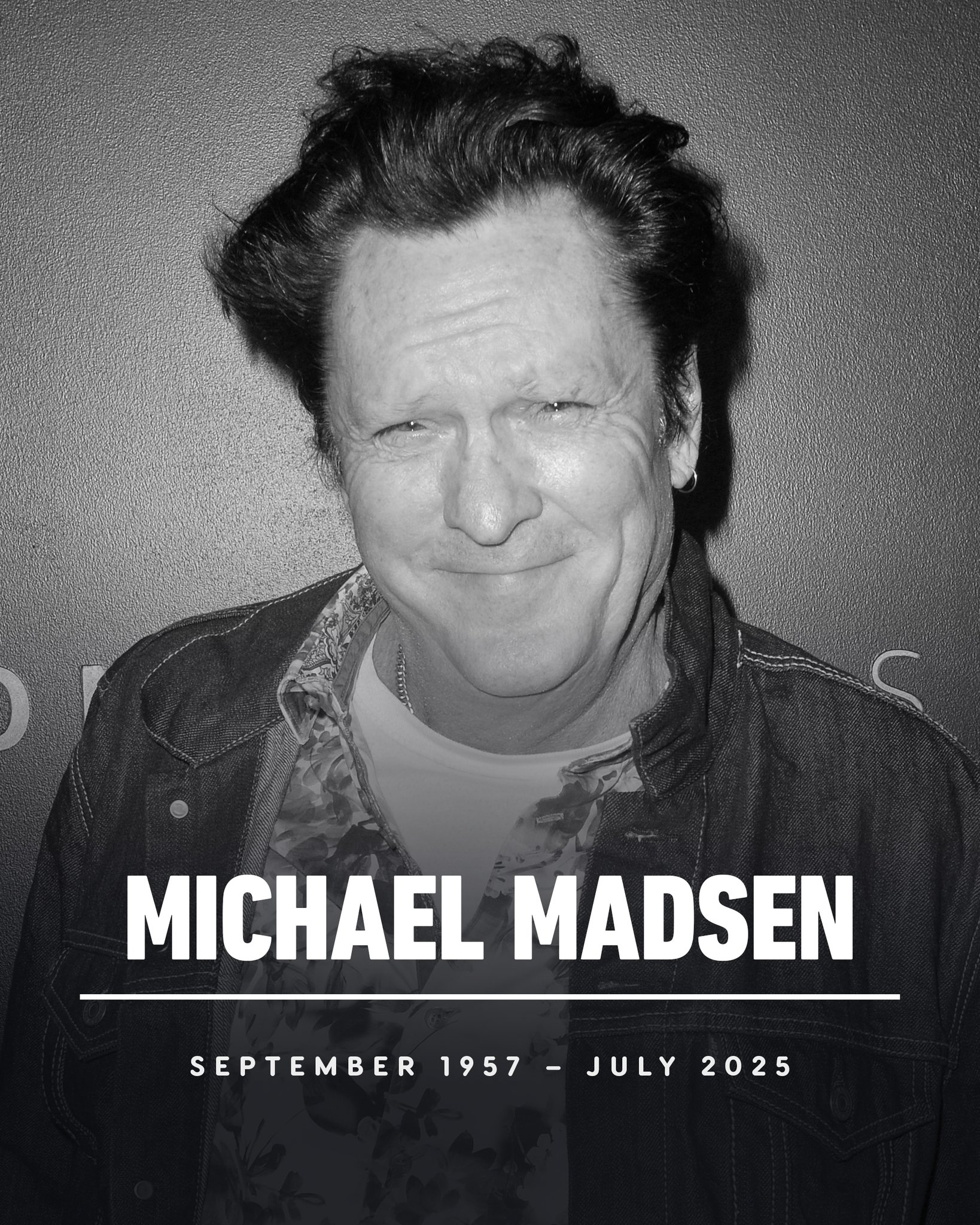
Buhari Battles Health Crisis in London: Former President Undergoes Secretive Treatment Abroad

Former Nigerian President Muhammadu Buhari has been quietly undergoing medical treatment in London since April, family sources have confirmed, reigniting conversations about the health secrecy that clouded his presidency and the continued reliance on foreign hospitals by Nigeria’s elite.
Initially reported to have travelled to the United Kingdom for a routine medical check-up, Buhari, 81, was reportedly admitted into a private London hospital shortly after his arrival when his condition took a worrying turn. The details of his ailment, the nature of the treatment, and even the name of the medical facility remain tightly guarded secrets, fueling speculation and anxiety among observers and political watchers.
His long-time media aide and former presidential spokesperson, Garba Shehu, acknowledged the development in a brief statement on Tuesday, describing Buhari’s condition as “serious enough to require intervention” but assuring the public that the former leader is now on the mend. “It is true that the former president is unwell and has been receiving treatment in the UK,” Shehu said. “He had gone for his annual check-up, fell ill, but is now improving. We continue to pray for his recovery.”
Though the Nigerian government and Buhari’s inner circle have largely remained tight-lipped about the nature of the illness, sources within the former president’s family circle suggest that the condition may have been more critical than initially presented. According to them, it was the quick action of his personal physician and UK-based consultants that helped stabilize him.
The news has triggered fresh concern across Nigeria, particularly among Buhari’s supporters in the north and critics who recall the uncertainty his health issues created during his tenure in office. From 2015 to 2023, Buhari’s presidency was punctuated by frequent and unexplained absences linked to medical trips abroad, especially to London. These absences, often shrouded in silence and speculation, became a defining feature of his administration.
In 2016, Buhari’s London trips became more frequent, with the then-president admitting he had undergone treatment for an ear infection. However, 2017 marked the height of uncertainty, when he spent an unprecedented 154 cumulative days in the United Kingdom for health reasons—first 50 days beginning in January, then another 104 days from May to August. During those months, Vice President Yemi Osinbajo functioned as acting president, leading to an unusual constitutional arrangement that triggered national debates on presidential health disclosures and the need for transparency.
Many Nigerians still remember the frustration and tension during those prolonged absences, especially in a nation where the health infrastructure remains underfunded and overstretched. Buhari’s tendency to seek care abroad was seen by many as a symbol of the government’s failure to invest meaningfully in the local healthcare sector—a bitter irony that even in retirement, the former president continues to rely on overseas treatment.
On the streets and on social media, reactions to the news have been mixed. While many are expressing sympathy and wishing the former president a speedy recovery, others are not shy about voicing criticisms of the secrecy and the optics of a former leader once again receiving treatment abroad. “It’s the same old story. They go abroad, get treated in silence, and expect the citizens to just accept it,” tweeted a user on X (formerly Twitter). “Meanwhile, millions of Nigerians can’t access basic healthcare in their own country.”
Opposition figures and public commentators have also weighed in, with some calling for a more honest and detailed update on Buhari’s condition, arguing that transparency is not just a courtesy but a necessity in a country where trust in public officials remains dangerously low.
For those within the All Progressives Congress (APC), Buhari’s health crisis comes at a sensitive time. The political establishment is still navigating the aftermath of the 2023 elections and the ongoing challenges under President Bola Ahmed Tinubu’s administration. Any prolonged health struggle by Buhari, who remains an influential figure within the northern bloc of the APC, could shift internal dynamics and raise questions about succession politics and party unity.
Interestingly, Buhari himself had once emphasized the importance of staying within one’s country for medical treatment. In a now widely-circulated clip from 2017, he lamented the billions Nigeria loses annually to medical tourism and vowed to strengthen the national health sector. But like many Nigerian politicians before him, those promises never fully materialized.
Since leaving office, Buhari has maintained a low profile from his hometown of Daura, Katsina State, where he retreated after handing over power to Tinubu in May 2023. Known for his reclusive lifestyle post-presidency, Buhari has largely shunned political commentary or public appearances, surfacing occasionally to receive visitors or issue statements through aides. His unexpected health crisis in London now shatters the calm and raises urgent questions about his long-term wellbeing and what this means for his legacy.
The incident also casts a spotlight on the persistent trend of Nigerian leaders seeking medical attention abroad—a practice dating back to the days of former military ruler Ibrahim Babangida and later, the late President Umaru Musa Yar’Adua, whose terminal illness and absence from public view sparked a constitutional crisis in 2010.
As of now, there’s no official indication of when Buhari will return to Nigeria. Shehu’s statement gave no timeline, saying only that “he is improving” and “doctors are satisfied with the progress.” For a nation that has seen this script before, the ambiguity is all too familiar.
Yet the absence of any photo or video evidence of Buhari’s recovery has only deepened speculation. In an era of information overload and digital scrutiny, the lack of transparency has proven fertile ground for misinformation. While some unverified sources have claimed Buhari is in “critical condition,” others insist he is responding well to treatment and may soon return to Daura.
Until there’s official word—and perhaps visual confirmation—uncertainty will linger. Nigerians are once again left to watch, wait, and wonder about the true condition of a man whose health has, over the years, become a national issue.
As prayers pour in from across the country, so too do the criticisms and questions. For former President Muhammadu Buhari, this latest health episode is not just a personal challenge—it is a somber reflection of how the unresolved tensions of leadership, trust, and public accountability continue to shape Nigeria’s democratic journey.


